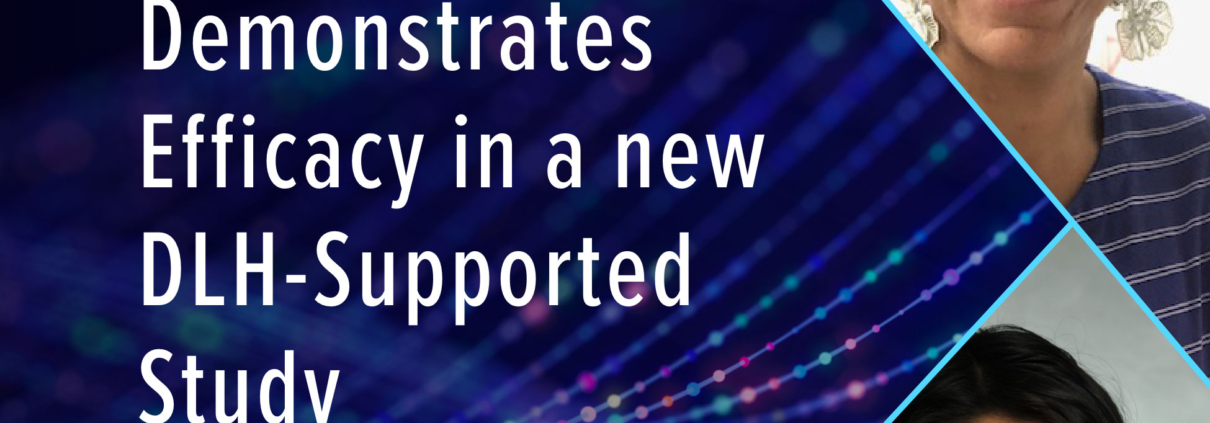Long-Acting HIV Treatment Demonstrates Efficacy in a new DLH-Supported Study

A long-acting HIV treatment demonstrates efficacy in people with challenges taking daily medicine as prescribed, according to a new study sponsored by the National Institute of Allergy and Infectious Diseases (NIAID). NIAID partnered with the DLH-managed ACTG clinical trials network (Advancing Clinical Therapeutics Globally for HIV and Other Infections), to design and implement the study. We caught up with Dr. Leilani Francisco, the Director of the ACTG Network Coordinating Center, and Ms. Chanelle Wimbish, the study’s Clinical Trials Specialist, to learn more:
DLH Communications: What is the main takeaway from this study?
Dr. Leilani Francisco: Achieving viral suppression is incredibly important, as this protects people with HIV from both progressing to advanced disease themselves and transmitting HIV to others. The researchers found that long-acting antiretroviral therapy (ART) with cabotegravir and rilpivirine was more effective in suppressing HIV replication compared to daily oral ART (which is currently the standard of care) in people who had been unable to maintain viral suppression through daily ART. These findings are only according to interim data from a randomized trial, but it is a promising step to help more people achieve HIV viral suppression.
DLH: What types of patients might face challenges taking daily medicine as prescribed?
Ms. Wimbish: Daily ART for HIV can be difficult for people who are non-adherent and don’t do well with taking a daily pill, which is necessary in order to suppress HIV. That is why this study is so important as a monthly long-acting ART injectable can really help those in this population suppress their HIV, compared to the current standard of care.
DLH: This all sounds promising. What are the next steps?
Ms. Wimbish: The study is ongoing. After reviewing the interim findings, an independent Data and Safety Monitoring Board recommended halting randomization and allowed all eligible study participants to take the long-acting ART. In the days since that recommendation, the researchers have been notifying participants of these exciting findings and those taking daily oral ART will have the opportunity to replace their oral ART regimen with long-acting ART on this study, if they choose to.
DLH: DLH has supported the ACTG program for over three decades. Can you tell us more about ACTG’s role in this trial?
Dr. Francisco: ACTG is the world’s largest and longest-running HIV clinical trials network and has vast experience conducting research to improve the treatment of HIV, its co-infections, and its comorbidities. Under Clinical Trials Specialist, Ms. Chanelle Wimbish, ACTG designed and implemented this study, which remains active across 31 sites in the United States, including Puerto Rico.





Leave a Reply
Want to join the discussion?Feel free to contribute!